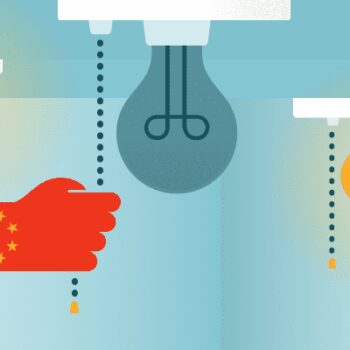A new World Bank Group report finds that four of eight economies in South Asia implemented at least one regulatory reform making it easier for local entrepreneurs to do business in 2013/14. Three countries—Bangladesh, Nepal, and Pakistan—focused their efforts on adopting modern electronic systems to facilitate business activity.
Released today, Doing Business 2015: Going Beyond Efficiency finds that since 2005, all economies in the region have taken steps to improve the business environment in areas measured by the report. India implemented the region’s largest number of regulatory reforms in that period, with 20, followed by Sri Lanka with 16.
“Doing business is easier in economies with administrative efficiency and strong regulatory protections,” said Rita Ramalho, Doing Business report lead author, World Bank Group. “We are encouraged by the modernization of regulatory processes in South Asia because it is benefiting local entrepreneurs. In Nepal, for example, a businesswoman trying to build a new warehouse nine years ago would have spent 143 days on the construction permitting process. Thanks to the adoption of some of the best global practices, such as a new electronic building permit system in 2013/14, this process can now be completed in 86 days.”
The report finds that India set the pace for regulatory reform in the region in 2013/14. It made starting a business easier by reducing registration fees and strengthened minority investor protections. And the electricity utility in Mumbai made getting a new connection less costly by reducing the security deposit. Bangladesh and Pakistan made trading across borders easier by implementing computerized systems that allow web-based submission of documents, reducing the time to export and import.
This year, for the first time, Doing Business collected data for a second city in economies with a population of more than 100 million. In Bangladesh, it now analyzes business regulations in Chittagong and Dhaka; in India, in Delhi and Mumbai; and in Pakistan, in Lahore and Karachi. The report finds that differences between cities are common in indicators measuring the steps, time, and cost to complete regulatory transactions where local agencies play a larger role. ReadSouth Asia factsheet.
The report this year expands the data for three of the 10 topics covered, and there are plans to do so for five more topics next year. In addition, the ease of doing business ranking is now based on the distance to frontier score. This measure shows how close each economy is to global best practices in business regulation. A higher score indicates a more efficient business environment and stronger legal institutions.
The report finds that Singapore tops the global ranking on the ease of doing business. Joining it on the list of the top 10 economies with the most business-friendly regulatory environments are New Zealand; Hong Kong SAR, China; Denmark; the Republic of Korea; Norway; the United States; the United Kingdom; Finland; and Australia.





























